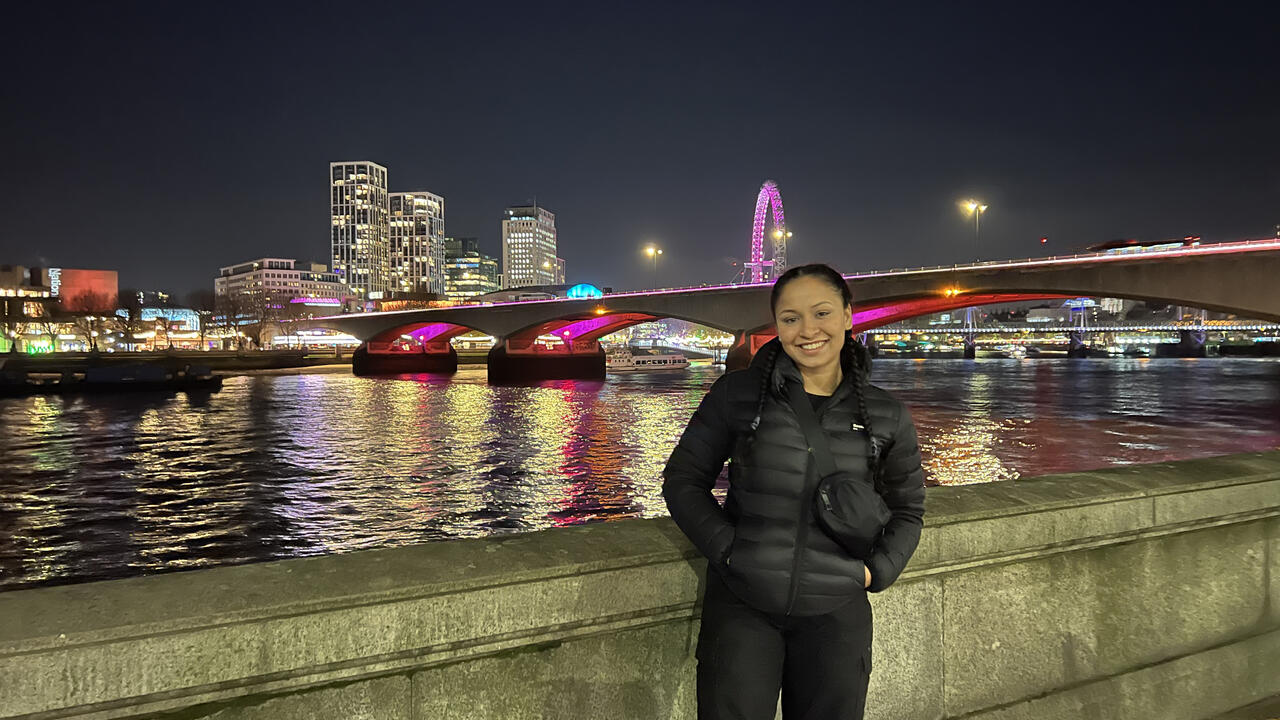
Learning beyond the classroom
Tharindya Abeyratne shares how one co-op work placement changed the entire trajectory of her life and helped her find purpose

Tharindya Abeyratne shares how one co-op work placement changed the entire trajectory of her life and helped her find purpose
By Sharon McFarlane Faculty of ScienceIt’s convocation season again — a time when our graduating students reflect and feel a sense of pride for completing their post-secondary academic journey. For many of our graduating students, their time at Waterloo has included a level of learning that amplifies regular classroom instruction, and this statement is true for graduating biology science student, Tharindya Abeyratne. Her co-op work placements and involvement in student-led extracurricular activities have proven to be just as valuable and rewarding as her time in the classroom.
Coming to the University of Waterloo to study biology was an easy choice for Abeyratne. Waterloo’s academic reputation and co-operative education program were key factors in her decision. Since setting foot on campus during Orientation week, Abeyratne quickly found other students she could relate to. “I eased into Waterloo pretty quickly, finding a great circle of friends almost immediately,” she says. “That first week we were so excited, hanging out and learning other faculties’ orientation dances. Shortly after that we were in class, studying together but also finding activities around campus we wanted to be part of.”
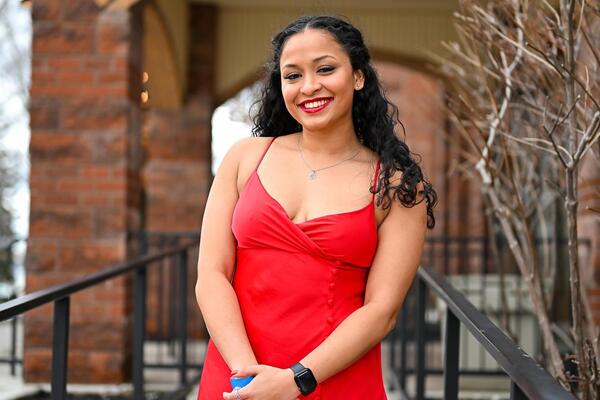
Despite the COVID-19 pandemic, Abeyratne found placements for all her work terms, each one building on the previous experience in a variety of health, medical and research settings. However, it was her fourth work term — a nearly year-long stint in Vancouver — that impacted her the most. Hired by a private cancer research company, Abeyratne performed a variety of cancer research testing, including exploring various methods to slow down the growth rate of cancer cells. Her work involved using live viruses, and since the company had deep resources and a willingness to experiment, she was given the green light to try new research angles in cancer management.
“I used a lot of fancy, expensive equipment I hadn’t had access to before,” she says. “There was a definite ‘wow’ factor in using equipment like that. That co-op job really gave me a fantastic opportunity.”
Abeyratne made solid friendships with other co-op students which made living across the country much easier. Over the year, she made the most of her down time, exploring Vancouver and finding joy in multiple trips to pacific coast beaches. She even volunteered at a University of Waterloo recruitment event for out of province students.
Throughout her undergraduate degree, Abeyratne embraced volunteering with a variety of student groups to round out her time and expand her circle of friends. She was a science orientation leader for several years and was part of the Science Society 2023 Grad Ball Committee. Abeyratne also served on the 2022 Sci Ball Committee and was co-president of the Biology Undergraduate Society (BUGS).
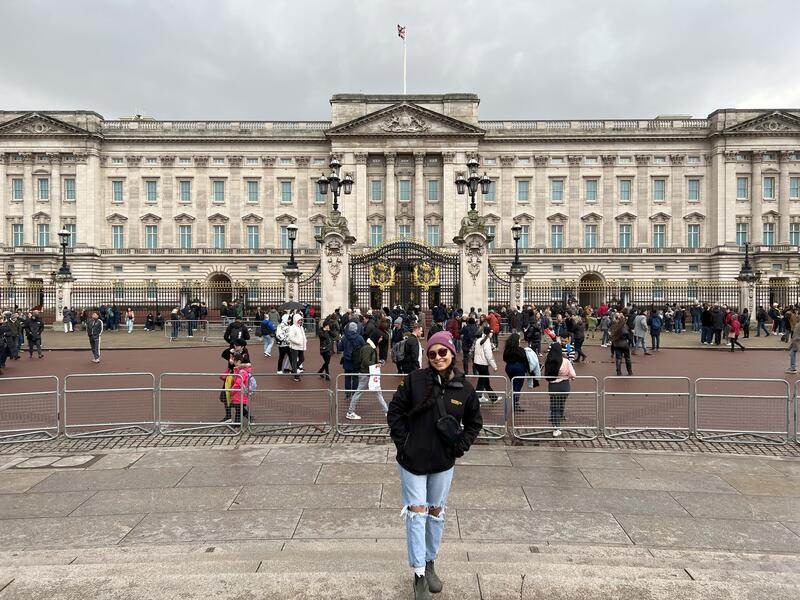
Since her final exam Abeyratne admits that she has a lot of time on her hands and feels like she should be doing more. Currently, she works full time in the health field and is about to embark on a post-graduation trip to Portugal and Spain with her twin sister, Dharindya. She’s also planning to study for the MCAT and apply to medical school in the near future with an eye on studying in Ireland. “As a child I wanted to become a cardiac surgeon, and thanks to co-op and my background in cancer research, I am pursuing a career in cardiology fields,” she says. “I’m open to opportunities as they present themselves and that’s one of the great things co-op taught me.”
When asked for advice she might pass along to students beginning their first year this fall, Abeyratne was quick to answer: “Make as many friends as you can, get a deep friendship pool. You’ll be exposed to a variety of new interests and that kind of opportunity is really rewarding.”
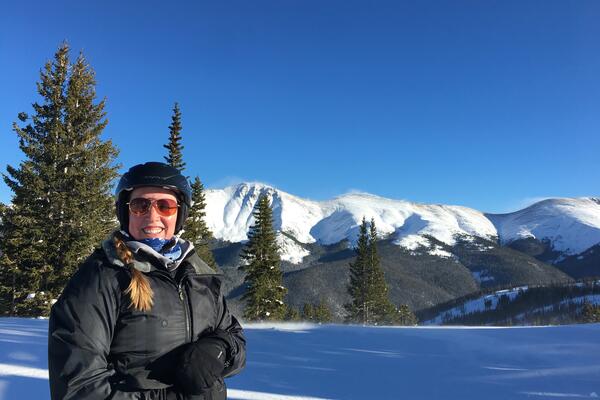
Read more
New evidence-based classification rules expand access and improve fairness for Para Cross Country and Para Alpine skiers

Read more
Waterloo Pharmacy alum spearheads outpatient oncology clinic for patients undergoing cancer treatment at WRHN
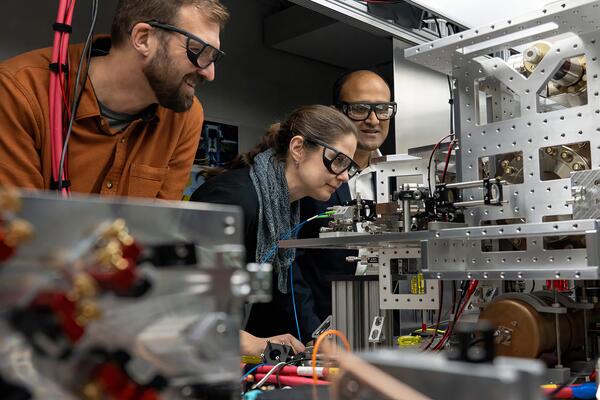
Read more
And a new model for how quantum research is shared — opening doors for the next generation of scientists and entrepreneurs
The University of Waterloo acknowledges that much of our work takes place on the traditional territory of the Neutral, Anishinaabeg, and Haudenosaunee peoples. Our main campus is situated on the Haldimand Tract, the land granted to the Six Nations that includes six miles on each side of the Grand River. Our active work toward reconciliation takes place across our campuses through research, learning, teaching, and community building, and is co-ordinated within the Office of Indigenous Relations.